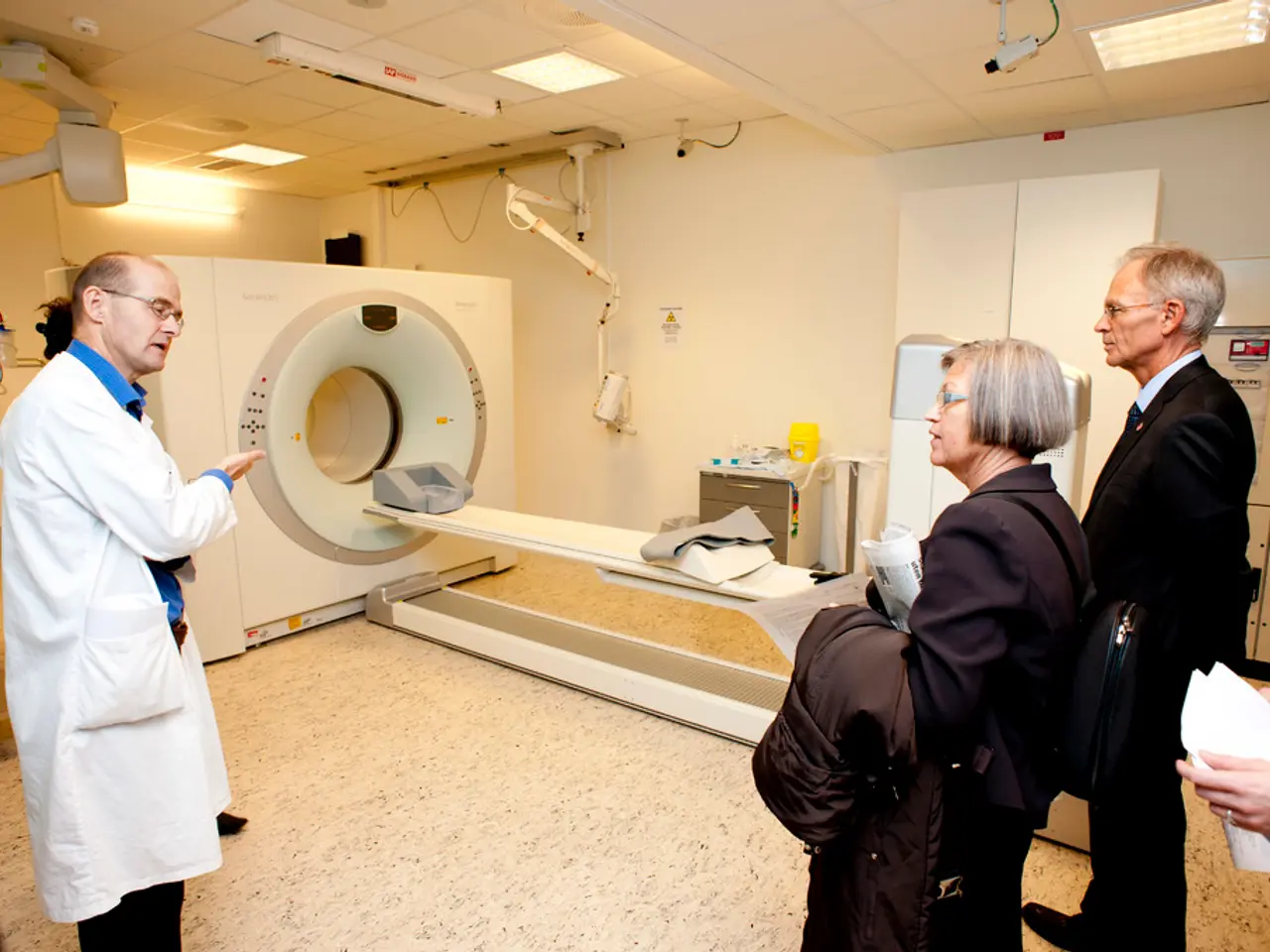Safeguard Yourself: Locating a Skilled Polygraph Examiner with Professional Training
In the realm of polygraph examinations, it's crucial to ensure that the examiner you choose is not only skilled but also credible and adheres to established best practices. Here's a step-by-step guide on how to verify the professional standing of a polygraph examiner, particularly those recognised by the American Polygraph Association (APA) and the British Polygraph Society (BPS).
Firstly, check the examiner's credentials and affiliations. A registered member of the APA or BPS typically indicates that the examiner has undergone formal training from an APA-approved school or a BPS-recognised certification program and follows established professional standards.
Secondly, request proof of the examiner's training. This could include documentation showing completion of courses endorsed or approved by these organisations. For example, examiners like Buks van den Berg have professional training recognised by the APA and extensive experience documented publicly.
Thirdly, confirm the examiner's professional registrations. Both the APA and BPS maintain directories or membership lists of certified and registered examiners. Contacting the organisations directly or checking their official websites can verify if the examiner is in good standing and officially recognised.
Fourthly, inquire about the examiner's adherence to ethical guidelines. Recognised examiners should follow the ethical codes and policies set by the APA or BPS, including requirements for examinee suitability and test administration.
Avoiding spurious claims and distance learning models is essential for ensuring protection in the polygraph exam process. Some polygraph sites intentionally deceive or mislead clients or examinees, and training providers offering training at all levels remotely over the internet should be avoided. The APA, for instance, does not approve distance learning as a credible way of training polygraph students.
The importance of ethical standards in the polygraph profession is emphasised by the motto "do the right thing when no one is looking." All polygraph providers should adhere to the highest ethical and professional standards. Additionally, examiners should regularly update their skills to stay current with advances in polygraph testing.
To find a professionally trained polygraph examiner, check with recognised polygraph organisations such as the APA and the BPS. These organisations set a high standard for polygraph examiners, and verifying a polygraph examiner's membership can be done by checking the members' section of the BPS or APA websites. Some websites claiming to be members of Polygraph Societies may not be recognised in the UK polygraph world.
By following these steps, you can ensure that the polygraph examiner you choose is credible and adheres to recognised best practices in polygraph testing. This not only guarantees the accuracy and reliability of the results but also protects both the client and the examinee from potential misconduct or unethical practices.
- When seeking a polygraph examiner for health-and-wellness or mental-health purposes, it's crucial to verify their adherence to the established ethical guidelines set by organizations like the American Polygraph Association (APA) and the British Polygraph Society (BPS).
- To guarantee the examiner's credibility, you should review their credentials, affiliations, and active memberships with esteemed organizations like the APA and BPS.
- For further assurance, request proof of their training, such as course completion certificates from APA-approved schools or BPS-recognized certification programs.
- In the realm of polygraph testing and therapies-and-treatments, maintaining an up-to-date knowledge of current practices and scientific advancements is integral for delivering accurate and reliable results.




